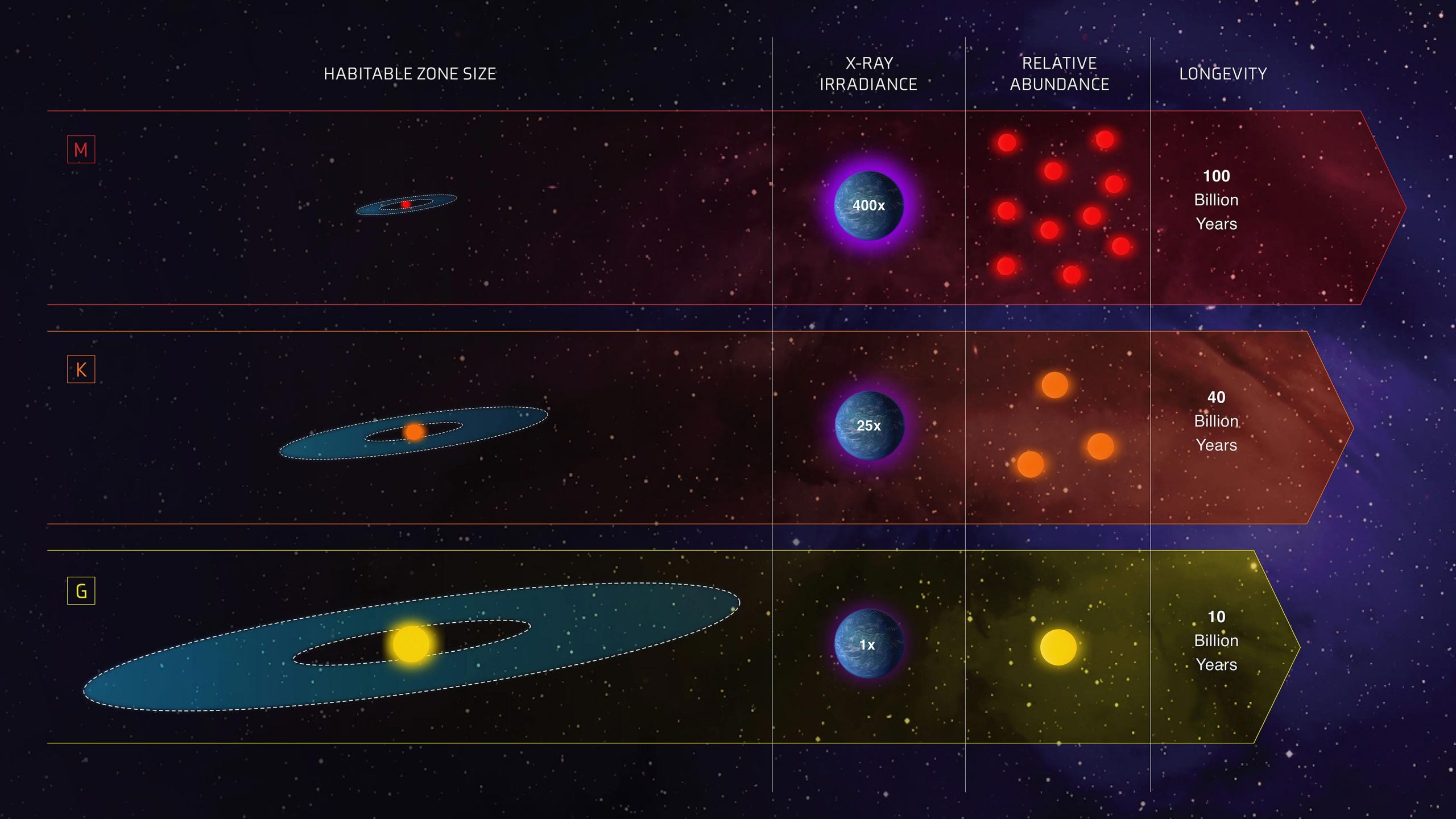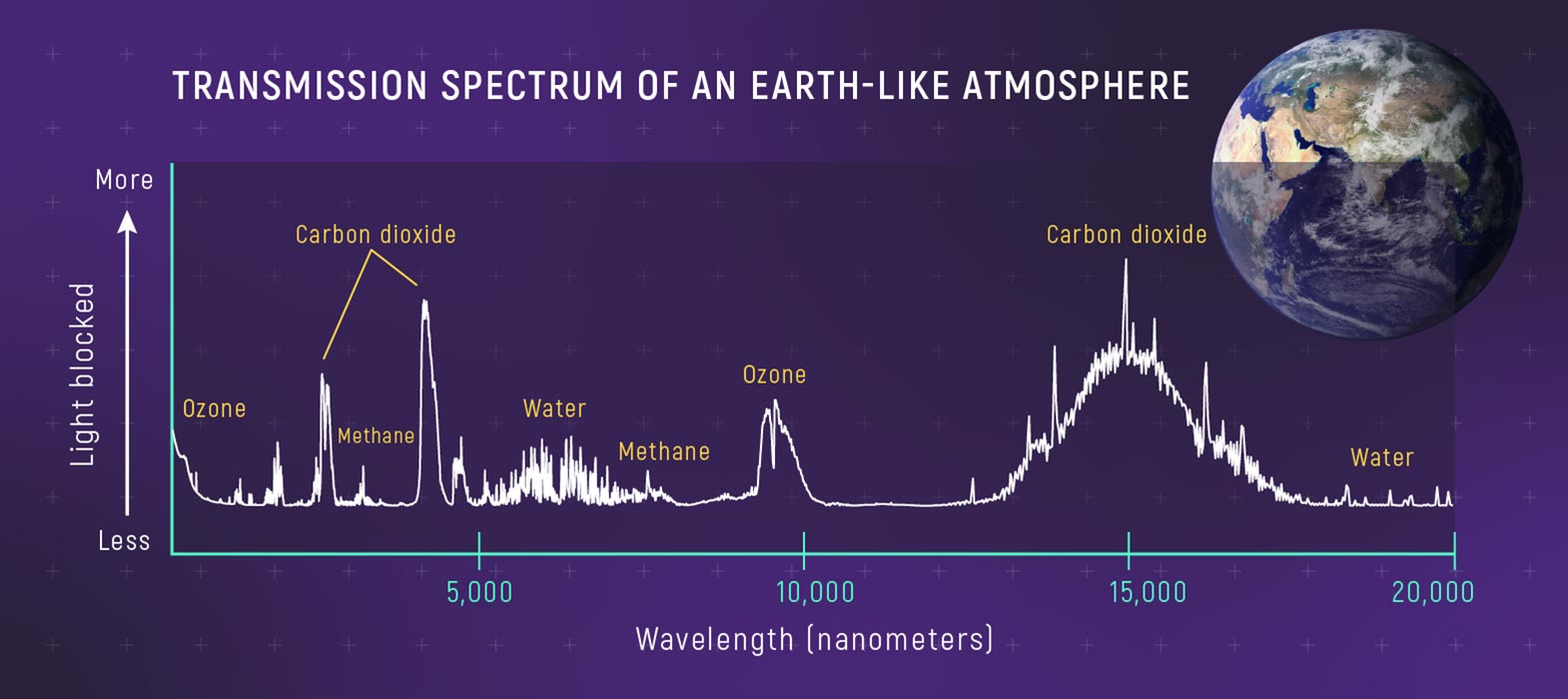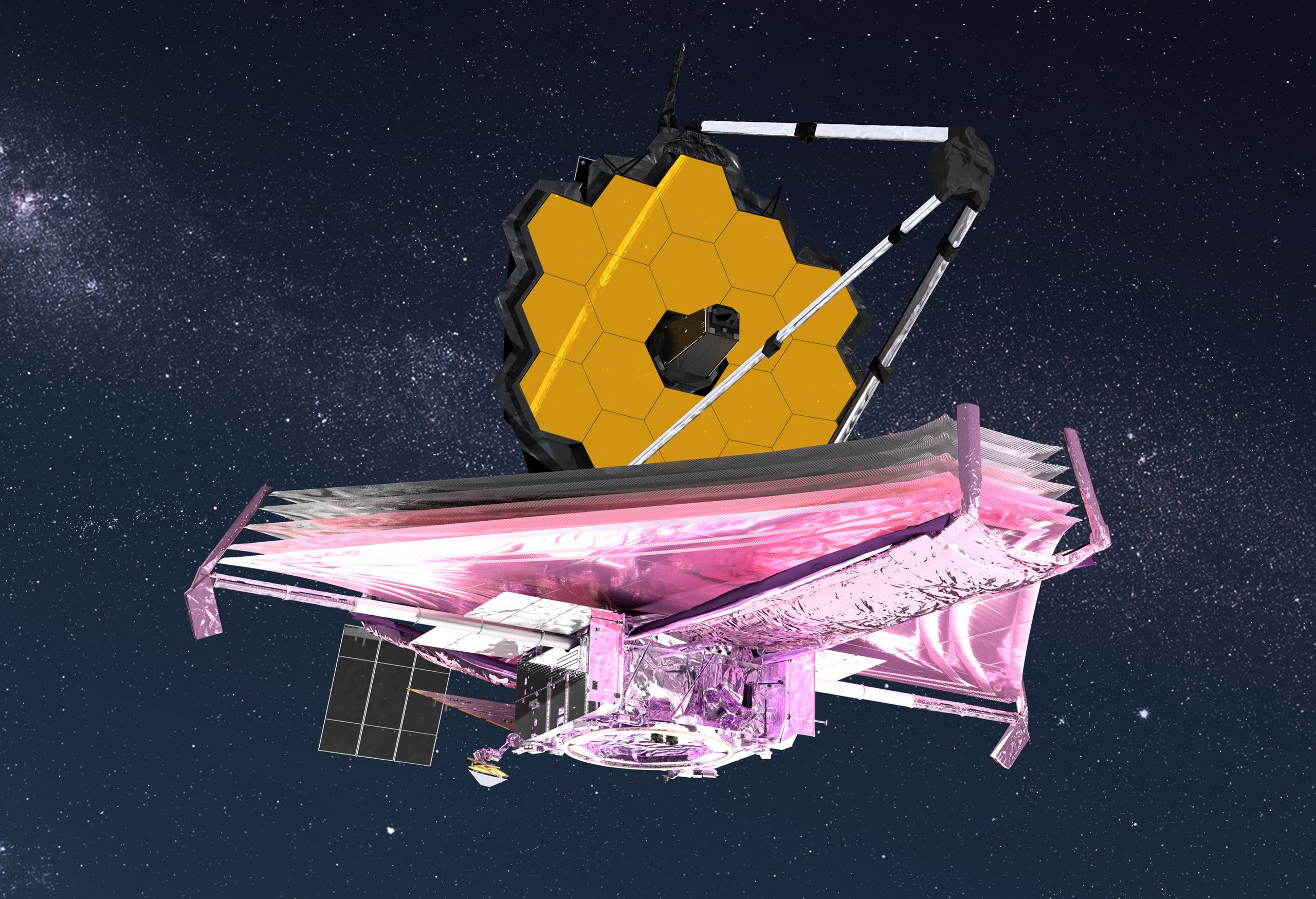"Informed AI News" is an AI-curated publications aggregation platform, ensuring you access only the most valuable information, with the aim of eliminating the information gap and transcending the confines of information cocoons. Find out more >>
James Webb Space Telescope Explores Potentially Habitable Exoplanets
- summary
- score



The James Webb Space Telescope (JWST) is investigating small, potentially habitable exoplanets, analyzing their atmospheres using transmission spectroscopy. This task is intricate due to the subtle signals and prolonged observation times needed. Exoplanets, abundant in our galaxy, orbit within habitable zones around stars, though not all are assured to harbor life.
JWST concentrates on transiting exoplanets, whose orbital alignments allow direct observation of their atmospheres. Identifying atmospheric components, particularly water vapor and biosignatures, is challenging due to the thin atmospheres of rocky planets and the obscuring effects of clouds or haze.
Recent research on exoplanet LHS 1140 b indicates that detecting biosignatures might necessitate up to 200 hours of observation under optimal conditions. The concept of ocean planets, featuring thin hydrogen atmospheres above extensive liquid water oceans, presents a novel approach for biosignature detection.
JWST's capabilities facilitate the sensitive detection of crucial life-indicating molecules. Although definitive evidence of habitability is still elusive, JWST's discoveries will guide future missions, such as the Nancy Grace Roman Space Telescope, setting the stage for a dedicated observatory to search for life on Earth-like planets.
The quest for life beyond Earth is demanding, requiring ideal conditions and extensive observation. However, this pursuit is vital, as each discovery brings us closer to comprehending our cosmic context.
| Scores | Value | Explanation |
|---|---|---|
| Objectivity | 6 | Content provides a balanced overview of JWST's capabilities and challenges in exoplanet research. |
| Social Impact | 3 | Content sparks interest in space exploration but has limited immediate social impact. |
| Credibility | 5 | Based on current scientific research and JWST's capabilities, with solid evidence. |
| Potential | 5 | Findings could significantly influence future space missions and the search for extraterrestrial life. |
| Practicality | 4 | Highly relevant to ongoing space research but requires advanced technology and resources. |
| Entertainment Value | 4 | Engages interest in space and potential for life beyond Earth, appealing to a broad audience. |